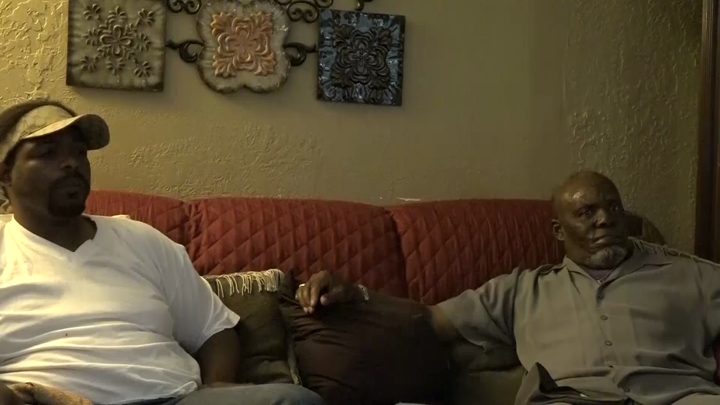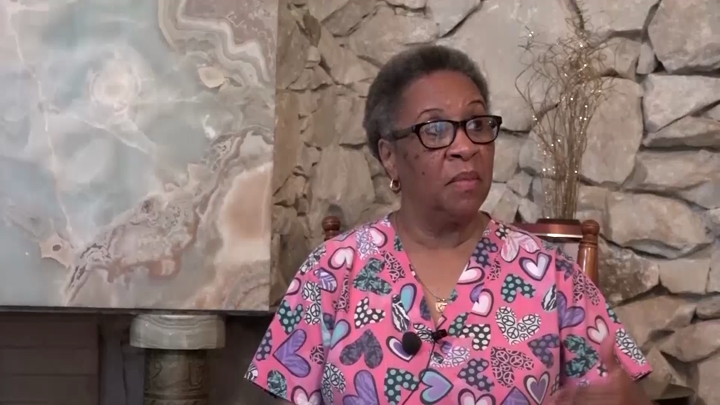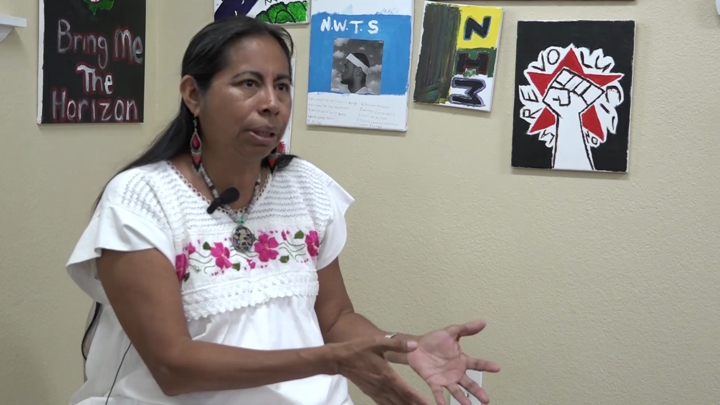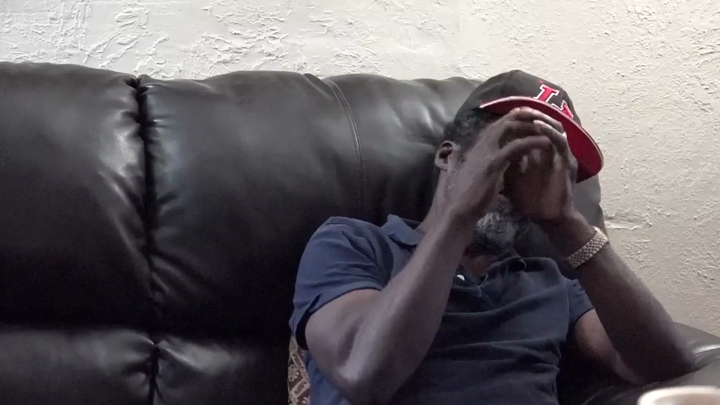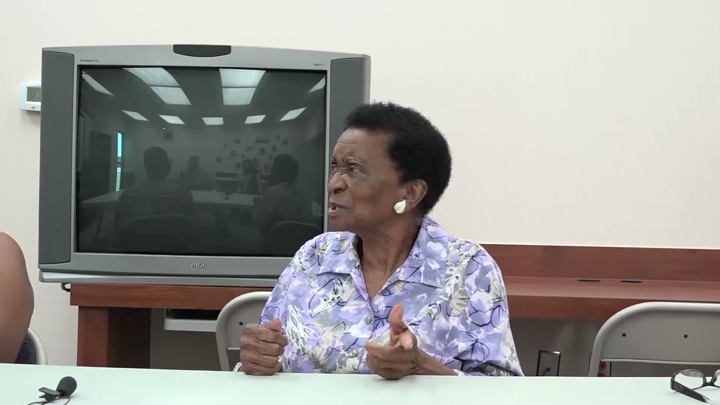Calyen / Activism in Conroe
sign up or sign in to add/edit transcript
Interviewer: We’ve seen in Conroe, kind of a rise in activism, public demonstrations, and protests. What do you think is the source of that change or still just few? Do you see it as being few demonstrations or do you see it as Conroe becoming more receptive to these kind of activism and (inaudible) demonstrations over time? Calyen: I can only see—heard of a few demonstrations and I have to say that the police department has gone out of its way to make sure that there is a fair system or some type of fairness that they are practicing. I know, in other cities, police departments have been sued and people have really—I think Johnny Cochran said in L.A. he was able to get rich (inaudible) police department because of some of the injustices they enduring. They’re some bad cops and some good cops. Some bad people and some good people. Interviewer: In terms of reprisals for activism, I know in 1991 the football protest, I know some of them weren’t allowed on the football team the next year. Calyen: Yeah. Interviewer: So, do you see responses to activism—do you see that change over time or stay the same? Calyen: In life, you have to adjust to changes. Some of the coaches were so staunch in being “the buck stops here” and they lost a lot of good players like that. Some of the players, they wanted to do their hairstyles, or they wanted to be able to grow a beard or grow a mustache and the coaches wouldn’t allow it. In turn, those guys went somewhere else and played. There’s always another game in town. We’re all needed but not necessary. Interviewer: So, looking back on Conroe over all these years, what has changed? What has remained the same? Calyen: Some of the CBD grants have been able to build some new homes here. Some of those homes were old when I was a little boy and some of those people’s houses if you’d go in and look at them and say well how do they live like this. Through the CBD grants, some of those people were able to get some new homes built, better medical facilities, go to the hospital and get some fair treatment. Even the justice system has changed where some of the judges realized that we been wronged for years and we need to—justice not only needs to be for just us, but it needs to be for everybody. So, there have been some changes but there still needs to be some more. Interviewer: In terms of your kind of activism spanned a long period of time. What kind of advice or what’s the most important thing that you would tell a young activist in Conroe? Calyen: Well, if I had a young son now—I have a young grandson and I’m always talking to him about how react if you are pulled over by the police. Police have—some of those police are scared and some of them are trigger-happy. I’m always telling them and not only them, but kids that I associate with or am friendly with as to how to act with the police. How to act out publicly. Trouble is easy to get into, but difficult to get out of. That’s one of my teaching points. If I was a young man now in some places, I would be real reluctant about being out at night because a lot of bad things happen to people at night by the police departments.
| Interview | Interview with Henry Calyen |
| Subjects | Housing |
| Housing › Neighborhoods | |
| Police and Law Enforcement | |
| Police and Law Enforcement › Police Brutality | |
| Direct Action › Marches | |
| Student Activism | |
| Direct Action › Protests | |
| Tags | sign up or sign in to add/edit tags |
| Interview date | 2016-07-06 |
| Interview source | CRBB Summer 2016 |
| Interviewees | Calyen, Henry |
| Locations | Conroe, TX |
| Duration | 00:04:58 |
| Citation | "Activism in Conroe," from Henry Calyen oral history interview with , July 06, 2016, Conroe, TX, Civil Rights in Black and Brown Interview Database, https://crbb.tcu.edu/clips/3509/activism-in-conroe, accessed March 03, 2026 |


